| Although I’m not enamoured by the prospect of Christmas in real life, I do appreciate it makes fine fictional fodder. With a fixed date recognised across the world, it’s better for marking time than Easter. With raised expectations and family get-togethers, the season also provides the perfect backdrop for the conflict that fires a story. My second novel, Underneath, dedicates around twenty pages to Christmas and its buildup: from a new couple’s negotiations over where to spend it through a flashback to boy being painfully disabused of the myth of Santa to a retreat from the outside world with a love nest in the cellar that subsequently becomes a prison. You can read an extract later in this post, but let’s unwrap some other fictional Christmases. |
We never tried very hard with Santa. The logical flaws seemed overwhelming and Miriam at an early age decided that she objected strongly to the alleged presence of a strange man in her bedroom at night. For a while, Santa brought presents to the door when she was asleep, knocking like a normal person and asking the adult who answered kindly to put them in one of my red hiking socks left on the fake mantelpiece over the fake fireplace unconvincingly situated on an internal wall.
Fictional Christmases often capitalise on the gap between the ideal and reality. Here’s Thomas telling his therapist about the difficulties negotiating the conflicting expectations between him and his wife in Thomas and Mary by Tim Parks (p310-311):
I always wanted a traditional English Christmas … I mean, having a tree. As big as possible. With fairy lights. Turkey lunch. Plum pudding. Exchanging presents on Christmas Day itself. Seeing them under the tree on the days beforehand. We used to have lunch, which was pretty heavy, with quite a lot of wine, something special and expensive, open our presents together sitting round a fire, then collapse into bed or go for a walk …
Actually it was all very tense. First Mary didn’t want the tree because it dirtied the floor with its needles. She didn’t want the turkey because she didn’t feel like cooking it. She didn’t want to wait for Christmas Day to exchange presents because why not use things once they had been bought? Very likely she was right and it was stupid of me to insist. I think she thought we were doing things too much the way my family had always done them, while her family had never really had a Christmas tradition.
It’s a heavy silence, breathless and strained, as if they were actually carrying the tree on their backs, so weighty is the expectation of holiday cheer, the dream of an easy, uncomplicated return to normalcy that they’ve strapped to the roof of the car. They seem, not a one of them, to have thought this through past the actual acquisition of the tree, failing to consider what more might be asked of them once the thing was in hand, that they would have to eventually bring it into the house, amid the ghosts of Christmases past, and decorate it, eight and a half feet of green to color with memories. Jay doesn’t even know where in the house the box of ornaments and lights is hiding, or the dusky angel that his wife found in a clearance sale at Walgreen’s.
But nastier still must be Christmas in a loveless household, as it seems for young doctor Ally at her parents’ home in the 1880s in Signs for Lost Children by Sarah Moss (p171-2):
Standing in the kitchen, she does not know what to do. She cannot recall that breakfast on Christmas Day used to be different from usual, but ‘usual’ used in porridge, tea and toast, the lighting of the range and the warming of the pot. Will Mamma want the present usual today, only rusks? Or will she say that Ally seeks to deny her parents even the most sparing recognition of Our Lord’s birth? … In other houses, she thinks, children are waking to bulging stockings by a crackling fire, and already the smell of roasting meat and plum pudding seeps from the kitchen … and in other houses – more houses – there is scant heat and no pudding or meet in the children’s hope or memory … Her stomach skids at the sound of Mamma’s key in the door. She should not be so weak, so nervous. I’m thirty years old, she thinks, I am a doctor. I did not rise early to attend church I do not believe a god can be omnipotent and benevolent, because I do not believe in a man born of a virgin, because the whole thing is a collection of stories used for centuries to keep poor, uneducated people poor and uneducated. She goes into the hall to greet Mamma, to begin the day as if this were an ordinarily happy family.
Meanwhile her husband, Tom, is experiencing a different kind of missing in Japan (p179):
He would have liked to travel yesterday. It is not that he longed … for an English Christmas. It is not that he felt the tug of home any more that day than any other … it is not as if there is anything to miss, as if he is aware of an empty place at a table on the other side of the globe. Even so, since there is not Christmas here and since he is not among friends, it would have been more seemly to continue with life as usual, to take trains and fulfil professional appointments and postpone celebration of the Japanese feast days, of which there is hardly a shortage. There is something pathetic in the child-like craving for presents and sweets, in the drunken singing songs about the holly and the ivy in the ox and the ass.
No wonder people need to see their therapists, and yet, as articulated in By Blood by Ellen Ullman (p176), they have the gall to take a holiday:
What other profession absents itself exactly at the moment when its services will be most needed, when patients are confronted by the absurdly neurotic idea that families should make them happy? Would a medical doctor go on leave after a plane crash?
It could be that the British Christmas is particularly irksome to those whose circumstances don’t fit the stereotype, as related by the American narrator of I Am No-One (p78):
Left alone that Christmas, however, discovering that in Britain everything closes down for Christmas Day itself and it is impossible to go to the movies … I slipped into a state of such profound depression that I knew I had to get out
There had been snow on the ground outside, and Connie could remember the excitement of waking up to her first ever white Christmas. It hadn’t mattered that her family were miles away. For a few minutes, watching the sun rise over a whitewashed Berlin, it felt the tingle of genuine Christmas magic …
For a while Connie was content to just stand on the engine watch, feeling oddly blest, as if she had left home at exactly the right time …
But she’d also forgotten how liberating it could be, when your family weren’t providing a solid foundation that they were expected to provide. She had forgotten that camaraderie, that sense of sudden and instant love that could spring up between people who were stranded together.
Likewise, Steve, in my own novel, Underneath, settling down in England after twenty years abroad, balks at the notion of a family Christmas (p46-7):
Even if [Liesel] hadn’t had that wacky idea of hiding away like a couple of hermits, I’d never have subjected myself to carols round the tree and Polly’s overdone sprouts.
When I first left home, I returned dutifully for the holidays like everyone else. My presents were always well received, even if they were the socks-and-hankies equivalent of whatever country I happened to be hanging out in at the time. While Mum and the twins stuffed sausage-meat up the turkey’s backside, I offered the boyfriends brandy and cigars. But as the years went on, the boyfriends knew their way round the drinks cupboard better than I did, and the girls were too sophisticated for third-world tat. Besides, Christmas had often been the best time for picking up the kind of job that didn’t require a national insurance number and, those times I didn’t have work, I couldn’t cough up the airfare.
I remembered the sense of liberation when it dawned on me the world wouldn’t end if I didn’t catch a plane to that chill grey place I’d called home. Polly still pleaded, nagged or berated me but, whether it was on the crinkly blue airmail forms I picked up at the Poste Restante or through emoticon-riddled emails at the internet cafes, she could be ignored. Now I’d moved thousands of miles closer, I wasn’t about to renounce my capacity to say no.
Do any of these tally with your own experience of Christmas? Do you have any favourite fictional Christmases of your own?
| I had thought to end here, but Charli’s call for a 99-word story featuring ‘only in’ took me back to Christmas in Underneath, this time from Liesel’s point of view. Apart from responding to your comments, I promise this is Annethology’s last reference to Christmas for this year. |
The year she stayed at home alone, the neighbours summoned her to their table and made her wear a silly hat. She thought she’d try down under next, but they did it barbecued on the beach. One year, in Dubai, she watched a reindeer succumb to heat exhaustion amid the artificial snow. She donned a hijab for a three-day trip to a tiny village in rural Pakistan, only to find the kids singing “Jingle Bells” outside the mosque. No wonder she fell for Steve. Only in the cellar love nest could she escape Christmas altogether.

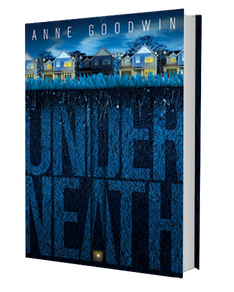

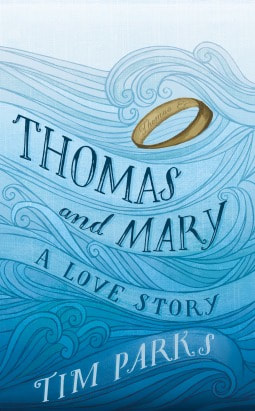
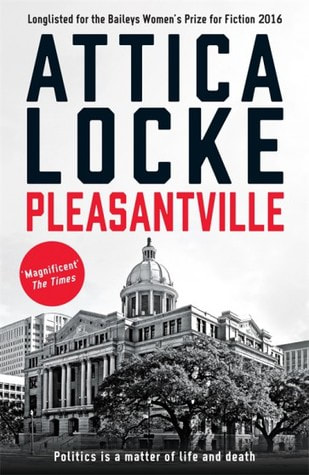
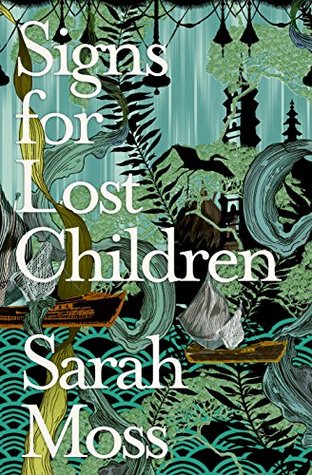
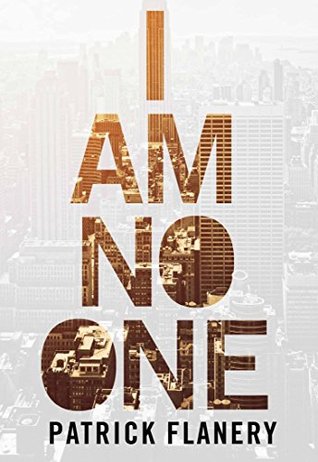

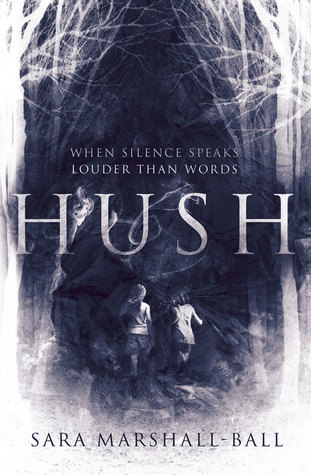

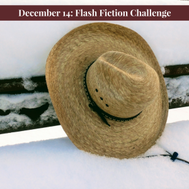






















 RSS Feed
RSS Feed





















